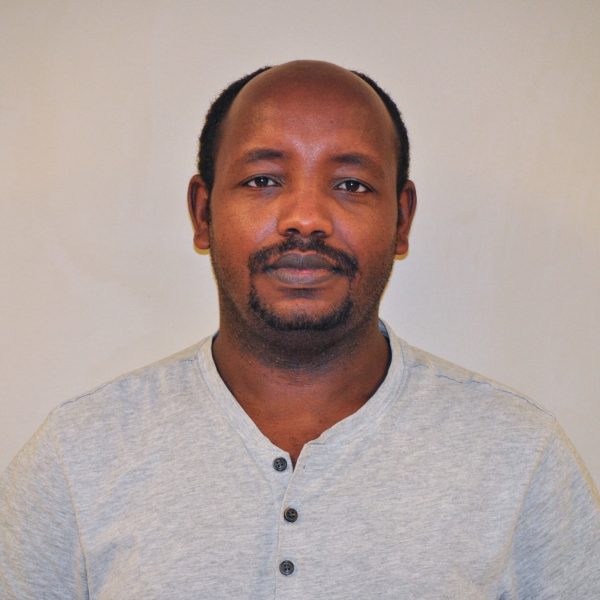Professors Involved in the Community
Associate Professor of Economics Nicole Simpson is a force for philanthropy both in and out of the classroom. She considers herself a “macroeconomist who focuses on labor issues,” and has used these interests to serve the greater good. Simpson coordinates the Volunteer Tax Assistance (VITA) program at Colgate, which students join by registering for the quarter-credit course.
VITA is a national, IRS-sponsored program that takes place through college campuses and various public service organizations in communities throughout America. The program utilizes volunteers to aid low-income families with their taxes, ensuring that families receive the tax returns they are due. This is the tenth year of the program at Colgate, which began when Simpson and her colleagues recognized the need for such a program in the area when she first started teaching here in 2001.
“We had a VITA program at my graduate school, so I knew about it. There was a big need in the community for these services. No people were doing taxes for low-income households at the time,” Simpson said.
And thus the organization was born. Student volunteers tax-crunch five days per week from January to April at four different locations in Madison and Chenango County. Last year, Colgate’s branch of the organization filed approximately 700 returns for local community members.
“The program provides life skills for the students involved … working and meeting with people in the community, and providing a service that wasn’t being provided prior to us doing it,” Simpson said.
In addition to fostering volunteerism through VITA, Simpson requires a minimum of ten hours of fieldwork from students in her course the Economics of Poverty in the United States.
“Small groups of about six students go to six different non-profits, where they’re working on a project with each non-profit that is academic in nature, but also helpful to the non-profit,” Simpson says of the course fieldwork.
“For example, there’s a group going to the Office for the Aging … they’re looking into alternative housing situations for seniors and the cost of long term care in nursing homes.”
Simpson describes this as a “mutually beneficial” project that supplements what students learn in class, but also puts theory into practice.
“We lean about poverty in class… but this puts a real face to the issues of poverty. When they [students] see people who are in and working to alleviate poverty it becomes a much more meaningful experience for them.”







